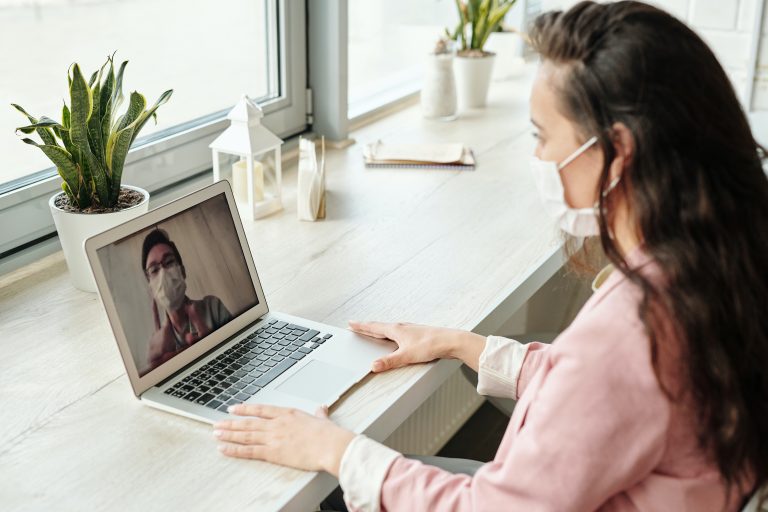Fact: your employees may not be returning to work after lockdown is lifted. They will keep working, but perhaps not in the same way and maybe not in the same place they used to.
Business owners and managers are going to have to come to terms with the fact that their people will want to retain the flexibility they’ve had during lockdown. And responsible employers will have to make some big decisions quickly about how to respond in a way that’s good for the business, and its people.
Let’s be clear: creating an efficient and effective distributed workforce takes more than just sending your people home with a laptop.
The forced experiment of giving employees control over their working day has proven that they can be trusted to deliver top-quality work through remote collaboration, without the watchful eye of the boss. HR policies are going to have to be reviewed and amended to give employees the flexibility they will want when lockdown is lifted. This will have to be done in conjunction with clear cultural ambitions and guidelines to ensure ongoing productivity and sustainability of the business.
There are also some big operational questions to consider, for instance, if your people aren’t coming to work, or at least not as often, do they still need a workplace to come to?
Should you reduce your square meterage because people are only coming in a few days a week? Can they hot desk when they do come in? Is hot-desking even hygienic? Do you need to provide larger interpersonal spaces or rotate office attendance in shifts? Is expanding your physical footprint the socially responsible thing to do? Social distancing is here to stay but the permutations of what that looks like in the workplace are still open to debate.
And what about other facilities requirements? Whatever the space, it will have to be regularly sanitized. You’re going to have to start thinking about installing automatic doors and no-touch access control systems. High powered air filtration might be a necessity. Both staff and visitors are going to demand reassurance that their health and safety is high on your priority list and we’re not yet sure what the legal consequences for failing to take adequate steps will be, but there’s no doubt that your lawyers are already losing sleep over it.
And what about your IT infrastructure? Staff managed with slow or unreliable wi-fi during lockdown, but this isn’t good enough long-term. How much will it cost to get reliable connectivity and other necessary tech to every employee?
It’s starting to sound like an office could be more admin and cost than is necessary; especially now that budgets are tighter, and uncertainty prevails.
It is, however, a big leap to go from housing your team in an office, to a fully distributed workforce with no base at all.
The solution could be shared and flexible workspaces. Before Covid, the global flexible, co-working and shared office market accounted for 5% of all office space with an estimated value of $26 billion. Having shown 15% year-on-year growth over the past five years, the need for flexible office solutions is going to continue to increase and change exponentially.
The benefits of a flexible space offer businesses – both large and small – relief from the onerous undertaking of long-term lease commitments which weigh heavily on balance sheets. These spaces allow companies to grow outside the four walls of traditional office space and grant them the freedom to change direction with the agility the future demands.
Flexible solution brands will be well advised to take the adequate steps needed to evolve and meet the current market demands and conditions. Doing so will provide easy solutions to many businesses’ questions, giving owners and managers more time to tackle the other unanswered questions.
Adam Grant, professor at the Wharton Business School, recently reminded the WHO: ‘Darwin wrote when he was building his theory of evolution that natural selection favours a sense of flexibility. It’s not always the strongest species that survives; it’s sometimes the most adaptable.’ Right now, those employers who are going to succeed are those with a propensity for adaptability.
Stefano Migliore is the Executive Director at SiSebenza.






















